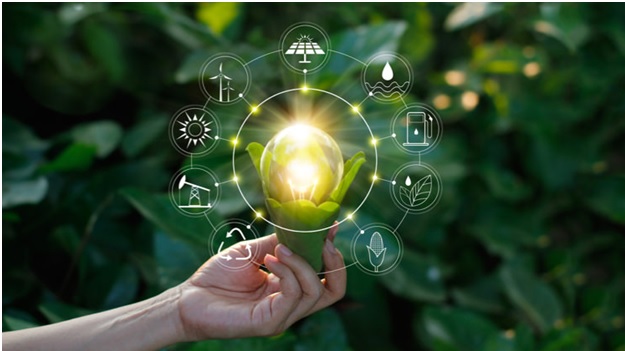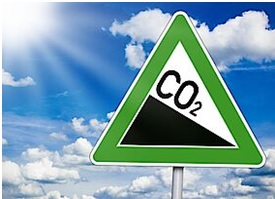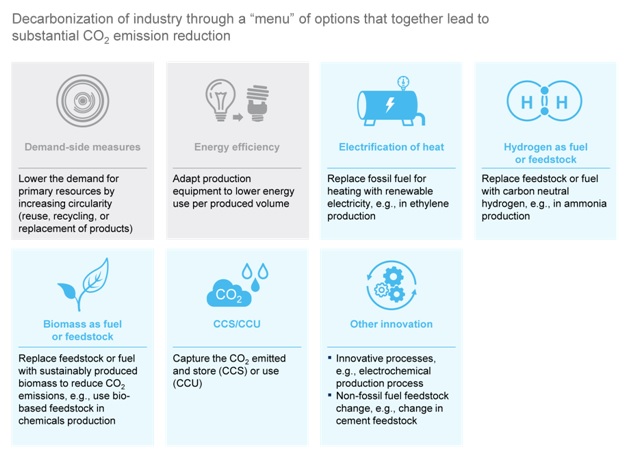Our Aim
GEA aims is to play our role in reduction of Carbon emissions to the ultimate target of ‘net zero’ by 2050 by world.

The Paris Agreement sets out a global framework to avoid dangerous climate change by limiting global warming to well below 2°C and pursuing efforts to limit it to 1.5°C. It also our aims to strengthen Pakistan’s manufacturing industry ability to deal with the impacts of climate change and support them in their efforts. Industries has a major part to play in this. Industrial applications will be some of the hardest hit, but there’s no doubt that the new net-zero approach will be wide-reaching and affect every industry, in the drive to reach the target.
SO WHAT DOES DECARBONISATION ACTUALLY MEAN?
Most of us understand the concept of using less energy, but what do we mean by Decarbonisation? What is carbon in this context? Where does it come from and how does that relate to using less energy?
Let’s explain our approach about Decarbonisation
Decarbonisation is the term used for the process of removing or reducing the carbon dioxide (CO2) output of a country’s economy. So whilst it’s known as Decarbonisation, it’s actually referring to the reduction of Carbon Dioxide (CO2).
CO2 is produced when we burn fossil fuels such as coal, gas or oil. CO2 is a Greenhouse Gas that contributes to Global Warming. So-called ‘renewable energy’ options offer either lower or zero-carbon alternatives to burning fossil fuels.
So, if we switch more towards these renewable alternatives to power and heat our businesses, we will burn less fossil fuels and produce less CO2.

WHAT IS THE COST OF CARBON?
In broad terms, 1,450 kWh of energy produced using fossil fuels will create approximately one ton of CO2 emission. Around 500kg of coal produces one ton of CO2. It would need over an acre of woodland to capture (known as sequestering) that amount of CO2. This is why we often hear about tree planting as a way of offsetting carbon production.

As we move towards the target of net zero, there will doubtless be a direct cost to businesses that continue to produce CO2.
WHAT ARE THE BENEFITS TO DECARBONISING?
If you are considering how to decarbonize your business, it’s worth looking at these five key benefits to business
- Cost savings – if you need less energy to run your business, you will pay less to run your business
- Future-proofing – If you reduce energy requirements you mitigate future cost increases now
- Better for your brand – Pollution is bad for your brand or business reputation. This will only become more pronounced
- Better for business – More tenders are now asking for green credentials to be shared
- Staff retention – As awareness grows, people will become even less keen on working for (and with) polluting businesses

